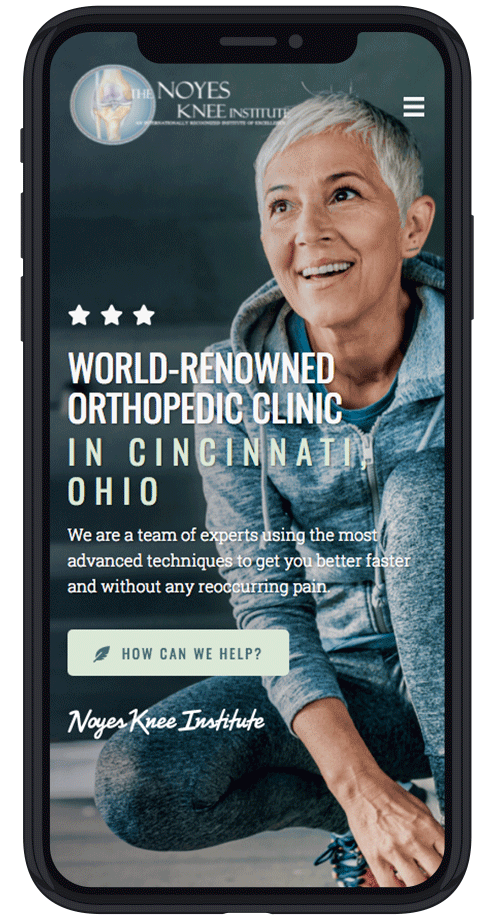Published On
Category
The anterior cruciate ligament (ACL) offers stability to the knee joint by connecting the tibia and femur. An ACL injury occurs when the ligament is stretched or torn due to sudden stops or impact on the knee. If you experience knee pain, swelling, and a pop sound, a knee surgeon at Noyes Knee Institute can examine you. Here are ways to elevate female athlete performance with ACL injury prevention:
ACL Injury Diagnosis
Anterior cruciate ligament injury diagnosis can help determine the cause of the problem for early intervention. A knee surgeon can use symptom analysis to gain insights into the nature and severity of the injury. Patients with ACL injuries experience a popping sound at the time of injury, swelling, and instability in the knee joint.
Noyes Knee Institute surgeons can use magnetic resonance imaging to assess the extent of the injury and identify associated damage. In some cases, knee surgeons may use arthroscopy, a minimally invasive surgical procedure to visualize the inside of the knee joint. This technique allows a more accurate assessment of the ACL and other structures.
Surgical Intervention
For severe ACL injuries among female athletes, surgery can be a viable option to boost athletic performance. At Noyes Knee Institute, we use autografts from the patient’s tissue for ACL injury reconstruction. Qualified surgeons can use a portion of the patient’s patellar tendon, hamstring muscles, or quadriceps tendon.
Autografts may have a faster incorporation into the host tissues, potentially allowing for quicker rehabilitation and return to sports. Surgeons perform the procedure through small incisions using arthroscopy and secure the autograft in place. After surgery, the surgeon closes up the incisions and wraps the knee with a compression bandage.
Rehabilitation
Knee surgeons collaborate with physical therapists to create personalized rehabilitation plans tailored to each patient’s needs and goals. Early in the rehabilitation process, the focus is on regaining the range of motion in the knee joint. Surgeons guide physical therapists in implementing exercises and techniques to prevent stiffness and promote flexibility.
As the rehabilitation progresses, the emphasis shifts to strengthening the muscles around the knee and the entire lower extremity. Surgeons collaborate with physical therapists to prescribe exercises that improve muscle strength, stability, and endurance. Rehabilitation may incorporate functional activities and sports-specific training to prepare the athlete for a return to their specific sport.
FEMALES HAVE 4-8 TIMES THE RISK OF AN ACL INJURY, AND AFTER ACL SURGERY NEED TO GO THRU SPECIAL REHABILITATION CALLED NEUROMUSCULAR TRAINING TO TRY AND PREVENT A REPEAT ACL TEAR AND REPEAT SURGERY THAT WOULD BE HIGHLY UNFORTUNATE. WITHOUT THIS TRAINING CALLED SPORTSMETRICS, THERE IS A 20 % CHANCE OF A REPEAT ACL KNEE INJURY.
Education and Counseling
Knee surgeons guide female athletes on proper training techniques that promote biomechanical efficiency and minimize stress on the knee joint. This involves educating athletes on the correct form, body mechanics, and movement patterns during various exercises and drills. Our qualified surgeons may guide lifestyle factors, such as nutrition and adequate rest, contributing to wellness and supporting the athlete’s recovery process.
Book an Appointment with a Qualified Knee Surgeon
A knee surgeon at Noyes Knee Institute conducts clinical evaluations and imaging studies before recommending surgery. They can take a comprehensive medical history, including details about the injury, its onset, and previous knee issues. Follow-up appointments help assess progress, address concerns, and guide the transition back to sports. Book an appointment with a surgeon for diagnosis and treatment.

